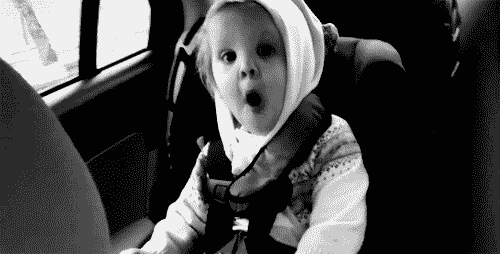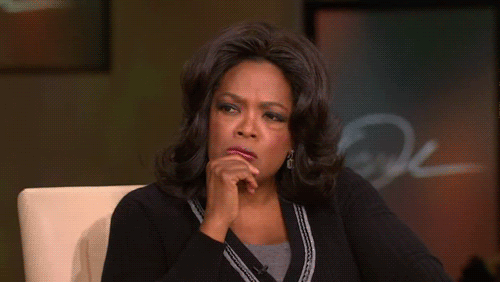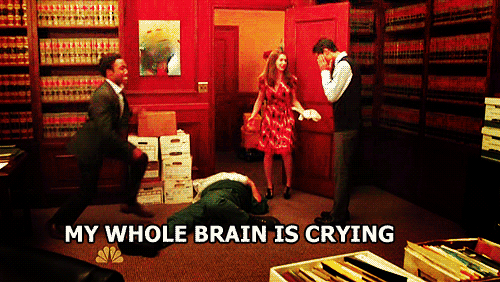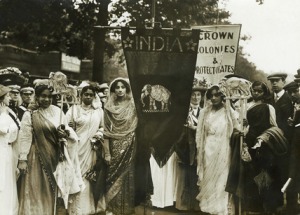Finally. It’s here. The final semester of my MA program. Although it doesn’t really feel that way since my PhD aspirations are keeping me in this thing for at least another 3 years. That being said, I’m almost there! And it feels damn good to say that.

And as I’m going to be in this thing for another few years, and (prayerfully) teaching after that, there’s still so much work I need to do. Particularly in terms of how I deal with race and racism in the classroom. As a student, it’s difficult – but I at least have the protection of being a student. As a professor, it will be even more difficult a task. And what kind of protections will I have then? Especially if I have to adjunct my first few years after graduation?
I’ve thought about these things at regular intervals over the last few years – managing race and racism in academic spaces and how that shifts depending on your position within the academy. It wasn’t until recently, however, that I really thought about (was confronted by?) how race and racism looks to white people.

I know, I know – bear with me.
Class began for me last week. And in my very first class, about 2 hours in, the only white woman in the class (besides our professor) informs us that she “never really saw race,” which is something people of color have heard hundreds of times before and tend to have a similar reaction to:
- If you don’t see race, well…what do you see?
- Is it that you never “saw” race or that you lived in predominately white spaces such that the only other race you saw was white and, thus, you didn’t have to see race?
- And, also, are we having this conversation about why claiming to not see race is an issue again?
She continued that it wasn’t until she dated a Black man that race really became something that she saw. And, of course, she had to inform us that she and her boyfriend got more shit from “the Black community” than from elsewhere.
You can imagine my admittedly internal response.

She continued that she “wasn’t raised in ignorance,” etc, etc, and therefore race wasn’t something that she cared about.
I tire of these conversations. Primarily because liberal-minded folk often think that because they don’t see people of color and launch into the behavior they associate with those kinds of white people that this somehow means that they are not capable of racism. What they don’t realize, however, is that in saying these things they limit racism to hurtful language and ignore how they can perpetuate the system that is racism – even in the midst of their so-called liberal “we all bleed red-we’re all people-can’t we all just get along” bullshit.
My being Black is never, will never be, has never been the issue. So when I hear “I don’t see race” I hear, “I don’t have to see race,” or “I don’t acknowledge that race exists,” which translates into “I don’t acknowledge racial issues.” I say this because, if you can’t, won’t, or don’t see me as a Black woman, then how can you see the issues I face specifically as a Black woman? Because to understand the differential treatment one faces as a result of race, one must necessarily see and acknowledge that race exists.
But my prof’s response to her also got me thinking when she nodded and said “I understand.” And because I trust this professor, and have trusted this professor for a number of years, it gave me pause. It me rapidly consider my own approach to the phrase “I don’t see race” and its accordant responses.
And I realized that there is a moment when white people learn to see race. As much as I understood that it is a privilege for white people to maneuver through life with the belief that they occupy raceless bodies, I did not understand that in the midst of that presumed racelessness, they needed to actually learn to acknowledge race. That there is something of an epiphany that occurs in which they realize that they can no longer approach the world as if race does not exist.
For some, that lesson translates into learning to see race as a systemic issue that needs to be addressed in myriad ways. Learning about their own privilege, for example, and how racism infects everything from how we buy houses to education to medical treatment. It is, I believe, an uncomfortable lesson, but one that puts them on a path to realizing that the racial deck is largely stacked in their favor. And, for bonus cookies, it helps them understand how to decenter whiteness. I think this was the case for my professor’s awakening.
I do not, however, think that was the case for my classmate, whose racial awakening seemed primarily to stem from the fact that she got shit from “the Black community” for dating a Black man. It seemed in her brief accounting that race became an issue for her because she was confronted by her whiteness in way she’d never been confronted by it before. She had to think about it in a way she perhaps never had to before. Sadly, for some white people, learning to see race is an extension of their own whiteness. It is not that white people come to understand the various issues that people of color face in this world as a result of their raced bodies, but that they come to see themselves as white. And they experience what they view as a marked kind of hostility that they believe is directed toward them simply because they are white. And that is an entirely different thing.
And so, in that evening class, I saw two sides of the coin in a way that I’d never seen it before. And I think the lesson I learned will help me in my future approaches to conversations on race and racism in academic spaces.


